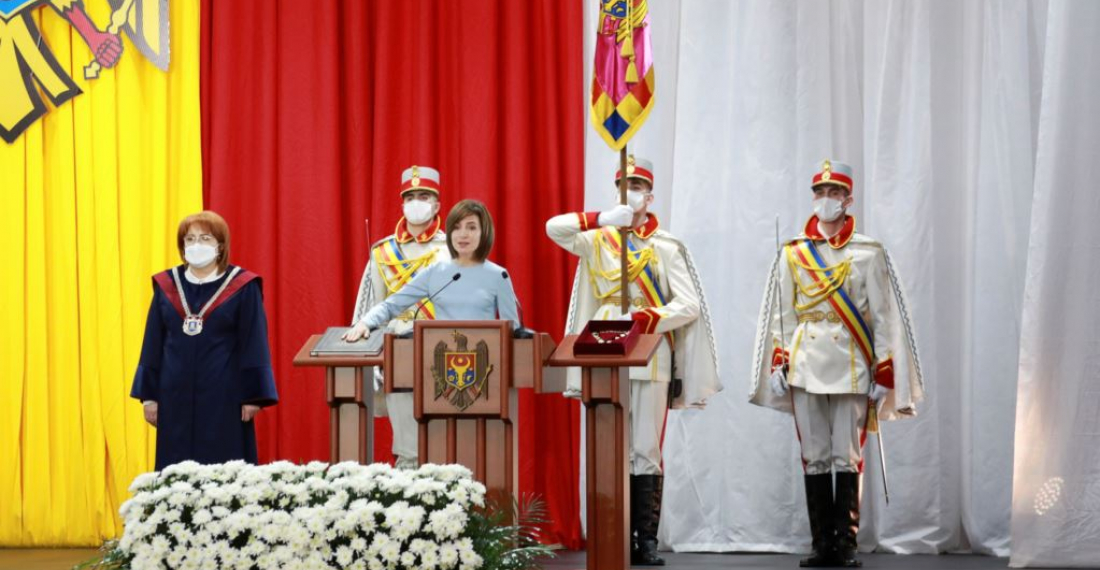Russian media are speculating about a meeting likely to take place soon between president Vladimir Putin, and the president of Moldova Maia Sandu. The newspaper Nezavisimaya Gazeta says the meeting will decide the fate of Moldova's breakaway region of Transnistria where Russia still keeps a large military base.
"Moldovan President Maia Sandu has kept her word - after forming a government she began talks about meeting with Russian President Vladimir Putin. To enable this, Deputy Chief of the Russian Presidential Staff Dmitry Kozak was invited to Chisinau on Wednesday. Former Moldavian Ambassador to Russia Anatol Taranu told the newspaper that an agenda for a meeting of the two presidents was discussed at Sandu’s initiative and, according to him, the meeting will happen and will focus on the issues of Transnistria and the presence of Russian troops on its territory, Nezavisimaya Gazeta reported on Thursday (12 August).
The Moldovan authorities, formed by President Maia Sandu, said the priority is to ensure a rewarding, constructive and conflict-free international and regional climate as its priority in order to conduct successful reforms, fight corruption, restore the economy and the social sphere which means developing links with all countries of interest to Moldova. According to Taranu, who heads the Chisinau-based Politicon Center for Strategic Studies and Political Consulting, Russia is within the sphere of Moldovan interests.
"Moldova is a country with a Russian-speaking population, its citizens watch Russian media outlets, use the Russian-language Internet and work in Russia. Additionally, Moldova’s eastern region is the Russian-speaking Transnistria over which Russia has influence. Sandu promised to resolve the Transnistrian issue immediately after the new government begins working in the republic. The cabinet of ministers has been formed already and Sandu invited Dmitry Kozak to Chisinau with whom she discussed Transnistrian prospects on Wednesday which the Moldovan president hopes to discuss with Putin soon," Taranu said.
Sandu already talked about the necessity of withdrawing Russian troops from Transnistria and was criticized by Russian Foreign Minister Sergey Lavrov for this. Yet, according to the expert, everything depends on the meeting of the presidents. "It is not excluded that they may reach an agreement on Transnistria," the expert suggested.
He noted that "Moldovan-Russian relations are an important element of the Moldovan president’s agenda and that’s why she is not making political moves or statements that may lead to a situation of conflict." "Moldova and Russia have many differences in approaches to various issues, sometimes opposing views on a situation. Despite that, Sandu is intent on developing relations with Moscow. Kozak was finding out what she can offer Putin," the expert asserted. He reported that Moldova’s Foreign Ministry is currently selecting a new ambassador to Moscow. "This will be a supporter of Sandu’s who will implement her agenda in Russia."
The official information on the meeting of Kozak and Sandu was brief - it was reported that they discussed the issues of the Moldovan-Russian bilateral agenda. Dmitry Kozak became the first foreign high-ranking official to visit Chisinau after the parliament approved the new government on August 6.
source: commonspace.eu with Nezavisimaya Gazeta and TASS (Moscow)
Photo: Moldovan president Maia Sandu at her swearing in ceremony (archive picture)






